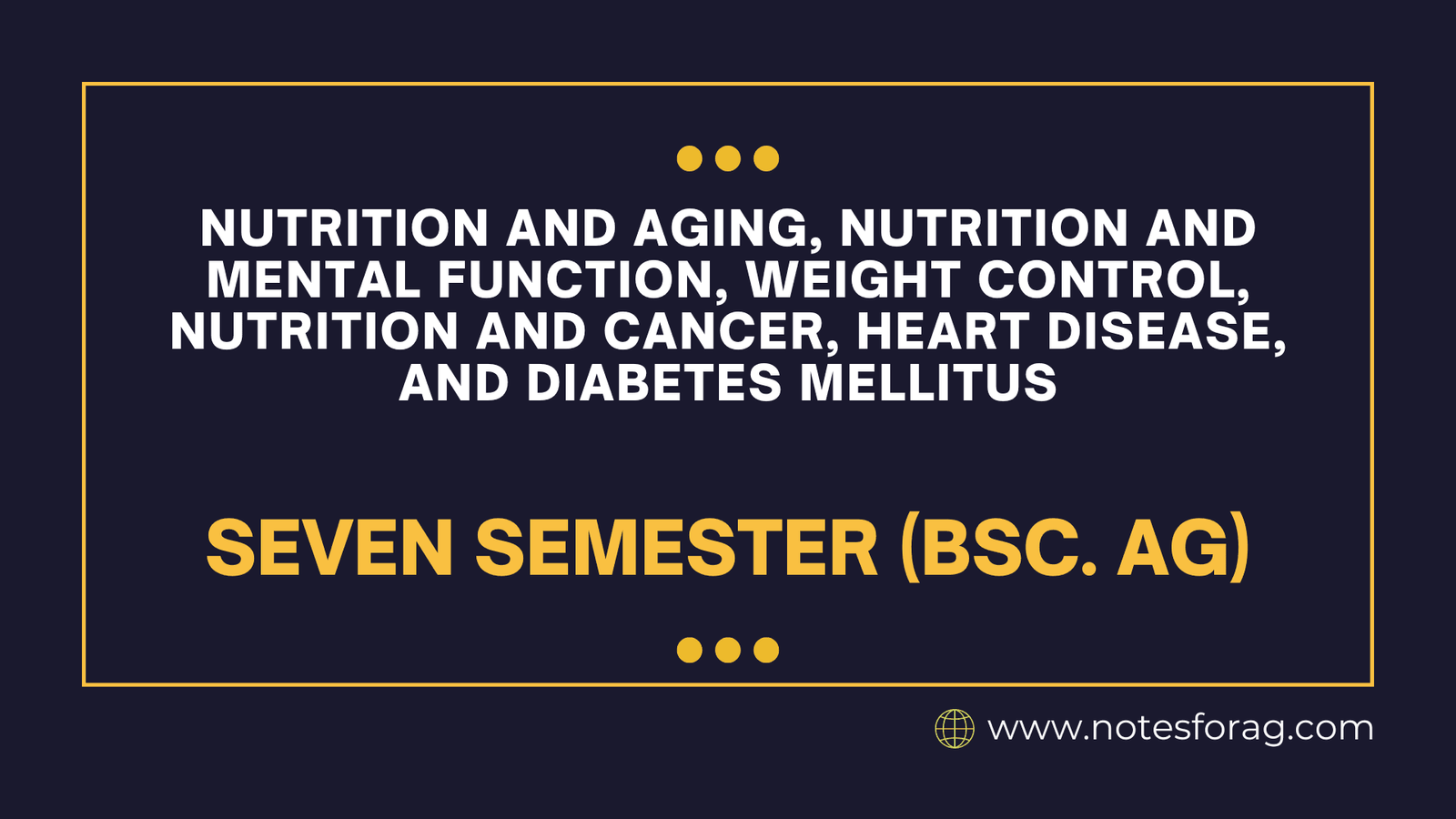Why is nutrition important for aging?
Proper nutrition helps maintain physical strength, mental clarity, and overall health, reducing the risk of age-related illnesses like heart disease, osteoporosis, and cognitive decline.
Table of Contents
Nutrition and Aging
Healthy eating plays a crucial role in aging gracefully. As people age, their bodies need fewer calories but more nutrients to support well-being. A diet packed with vitamins, minerals, and antioxidants such as those found in fruits, vegetables, whole grains, and lean proteins helps keep muscles strong, supports bone health, and reduces inflammation, all of which contribute to longer, healthier lives. Staying hydrated and keeping salt and sugar intake balanced also promote healthy aging.
Nutrition and Mental Function
Certain nutrients are key to keeping the brain sharp and supporting mental health. Omega-3 fats, which are found in fish, nuts, and seeds, are important for brain health, while B vitamins, especially B6, B12, and folate, aid the brain’s chemical messengers, or neurotransmitters. Research suggests that a diet rich in these nutrients can help slow memory loss and improve mental clarity, making them especially beneficial with age.
Weight Control
Maintaining a healthy weight is essential for overall health and preventing various illnesses. Eating a balanced diet that includes whole grains, fruits, vegetables, and lean proteins can help control appetite and prevent overeating. Portion control, fiber-rich foods, and regular meals can keep blood sugar stable, reducing cravings. Keeping weight in a healthy range not only boosts energy but also lowers the risk of heart disease, diabetes, and certain cancers.
Nutrition and Cancer
Eating plenty of fruits, vegetables, whole grains, and limiting processed foods and red meat may help lower cancer risks. Antioxidants, like vitamins C, E, and beta-carotene (abundant in colorful fruits and veggies), protect cells from damage linked to cancer. Fiber aids digestion and gut health, which can lower colorectal cancer risk. Avoiding processed meats, sugary drinks, and high-fat foods also helps, as these may lead to inflammation and cell damage.
Nutrition and Heart Disease
Heart disease is a major health issue, but a good diet can significantly reduce its risk. Healthy fats, such as those in olive oil, nuts, and fish, can lower harmful cholesterol (LDL) and raise protective cholesterol (HDL), guarding against artery damage. Foods high in fiber, like oats, beans, and whole grains, help reduce blood cholesterol levels. Avoiding too much salt, sugar, and processed foods also protects heart health by lowering blood pressure, controlling weight, and promoting cardiovascular wellness.
Nutrition and Diabetes
Eating a balanced diet can help prevent type 2 diabetes or manage it for those who have it. Fiber-rich foods, like fruits, vegetables, and whole grains, help keep blood sugar levels steady. Limiting refined carbohydrates, sugary drinks, and sweets helps prevent spikes in blood sugar, supporting the body’s insulin response. Including lean proteins and healthy fats also supports steady blood sugar. Staying active and eating balanced meals at regular times also help with weight management and blood sugar control.
In essence, a diet rich in natural, whole foods packed with antioxidants, lean proteins, and fiber can help protect against many health issues. These foods give the body what it needs to age well, protect mental clarity, manage weight, and reduce the risks of cancer, heart disease, and diabetes. The choices we make each day can significantly impact our long-term health, with every meal being a step toward a healthier life.
Frequently Asked Questions (FAQ)
How does protein support aging?
Protein preserves muscle mass and strength, which naturally decline with age, helping to prevent falls and maintain mobility.
What role do fiber and hydration play in aging?
Fiber aids digestion and supports heart health, while proper hydration keeps the body’s systems balanced, aiding in joint lubrication and mental clarity.
Related Articles

